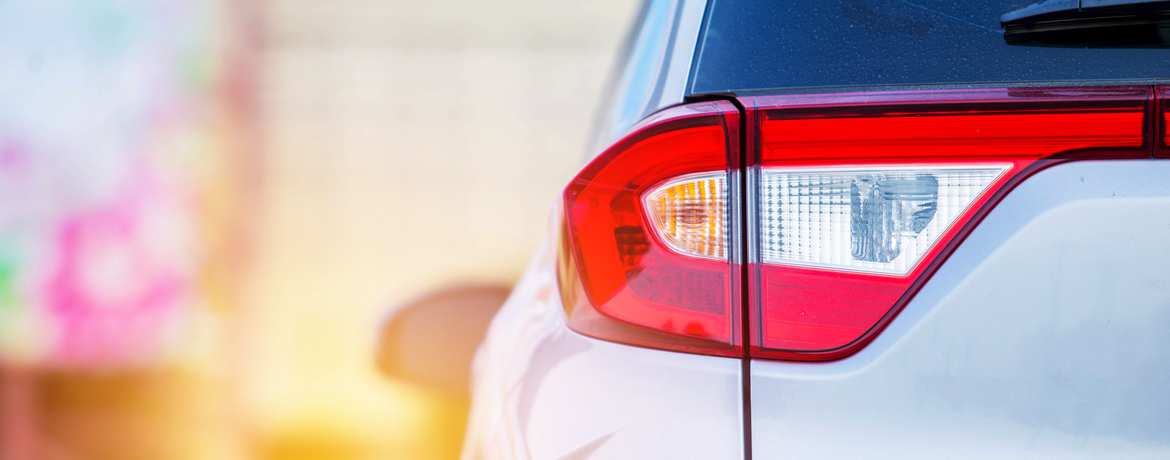After the restrictions of the last few weeks, many companies are starting their everyday life again. Business trips are still a big part of many employees’ daily work. We have compiled a brief overview of what exactly has to be taken into account when it comes to travel costs, food expenses, accommodation costs and incidental travel expenses.
An external activity is a professional activity outside the home and the first place of work. The employee can deduct the necessary expenses for a foreign activity as income-related expenses, unless they are reimbursed tax-free by the employer.
Additional catering expenses
A flat-rate catering allowance may be charged to compensate for the additional expenses actually incurred for meals for professional reasons:
- 28,00 € for absence over 24 hours
- 14.00 € each for arrival and departure day, if the employee stays overnight
- 14,00 € without overnight stay more than 8 hours absence
If a meal is provided to the employee by the employer or at the employer’s instigation by a third party during the period of the foreign assignment, the lump-sum catering allowance shall be reduced:
- Breakfast by 5.60 €, lunch and dinner by 11.20 € each
The deduction of the lump-sum catering allowance is generally limited to the first three months of a longer-term professional activity at the same place of work. Different lump sums apply for foreign countries.
The letter “M” must be certified in the wage tax statement if the employee has been provided with a meal (= price of the meal up to € 60), which is to be valued at the official non-cash remuneration value, by the employer or at the employer’s instigation by a third party on the occasion of an occupationally induced foreign activity.
Tax-free meal allowances for a foreign activity must be entered in the wage tax certificate regardless of the letter “M”.
However, there is still no obligation to issue a statement if the travel expense reimbursements are recorded separately from payroll accounting. In principle, the employer must apply for this in writing and the permanent establishment tax office must expressly agree to this procedure.
Exceptions only apply if recordings were already made outside the financial accounting before 2004.
Travel expenses
Expenditure for journeys for professional reasons in connection with external activities can be taken into account as income-related expenses at the actual amount. If you use your own vehicle, a flat-rate kilometre rate of € 0.30 per kilometre driven or an individually calculated kilometre rate must be applied.
Tax-free payments (e.g. tax-free travel allowances, tax-free travel cost reimbursements) do not have to be certified as taxable gross wages.
Accommodation costs
The actual expenses for the personal use of accommodation for overnight stays are deductible as income-related expenses. For example, hotel rooms, rental expenses for rooms or apartments, and additional services. The deduction is generally limited to 48 months at the same place of work which is not the first place of work.
Ancillary travel expenses
Ancillary travel costs are the actual expenses, e.g. for transport and storage of luggage, long distance calls and correspondence, use of roads and parking.
Questions?
If you have any questions in this regard or in general about wage tax and social security law, we will be happy to assist you.
Service-Phone
+49 89 547143
or by e-mail
info@acconsis.de

